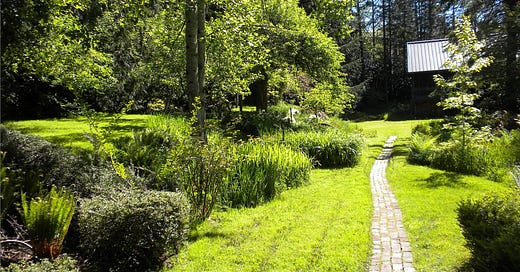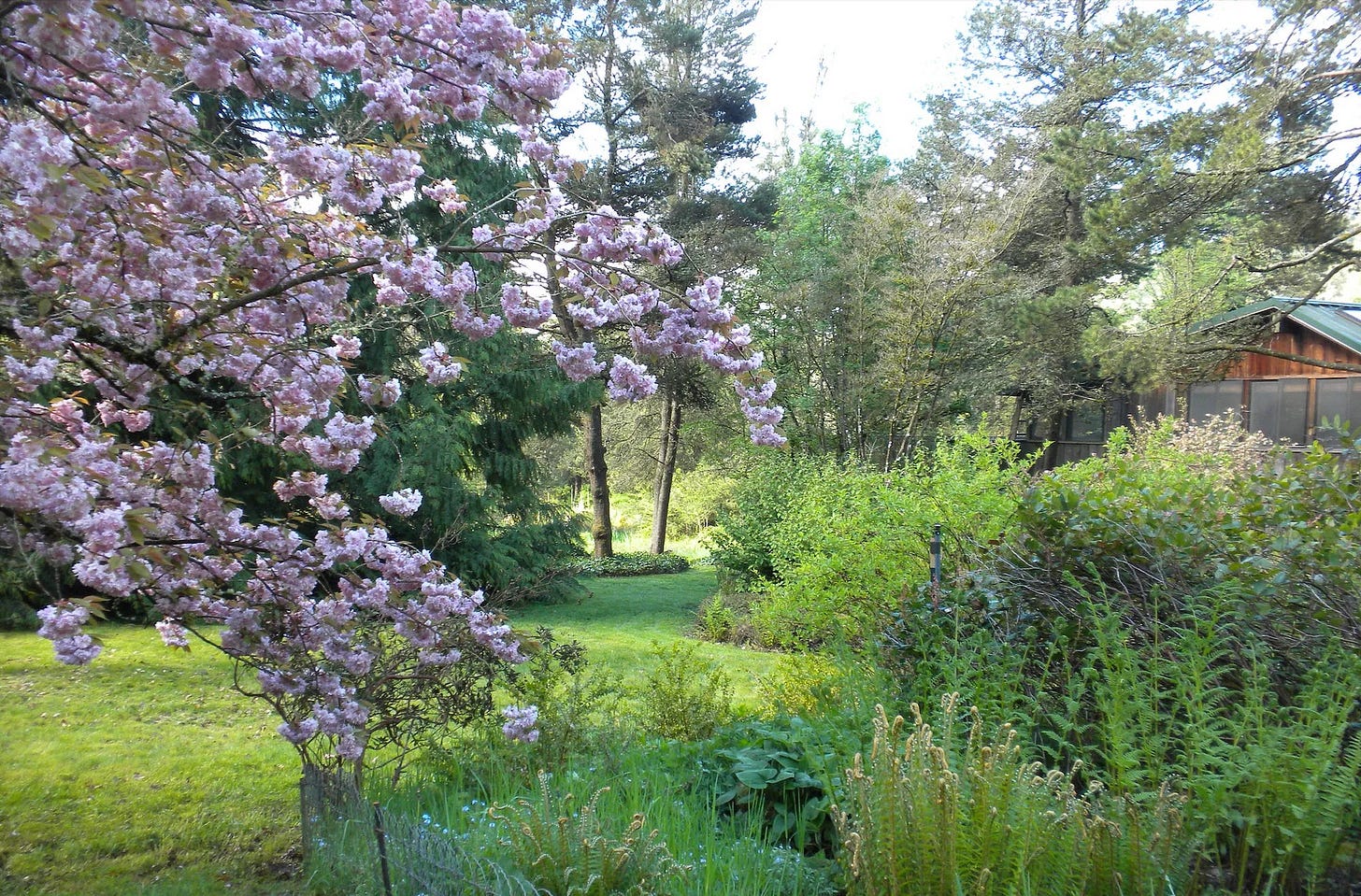When Joni’s dad died, he was 29. So unexpected. He’d been playing basketball with church buddies and he had a heart attack.
Joni was six. She had dark curly hair, brown eyes and freckles that sprinkled her pale skin.
I heard a faint rap at the door and when I opened it, she didn’t wait for me to ask her to come in, she just said, “My father died.”
“What?” I wasn’t sure that I’d heard her right.
“My Dad died.” I was shocked and I’m sure I fumbled.
Joni wasn’t sad and I’m sure she had no idea what it meant and how it would affect her, her mother, and baby sister; she was matter-of-fact.
And I stood there reeling. I didn’t know what to say. I asked her in, she said no, she was going back home. Her grandparents were there at her house. She just wanted to tell me that her dad was dead.
She turned around and was on her way.
I didn’t know the O’Briens well, they hadn’t lived in the neighborhood all that long.
Joni had a baby sister, Tara, and when I made myself available to help in any way that I could, Pamela, Joni’s mom, asked if I would stay with Tara when they attended the funeral. Of course.
And that is how I found myself at their house alone except for the baby.
Before they left, I asked if I could do anything and Pamela hesitated before she said the laundry — there was a load in the washer and one in the dryer. Of course.
When that sweet, brown eyed, adorable baby had her nap, I went to the basement to do the laundry.
And it was the oddest thing, to pull the clothes out of the dryer. Among the kids clothes, Pamela’s clothes, were his t-shirts and underwear. Things that only hours ago, he’d worn.
It just gave me the oddest feeling — touching these things that had for him, served their purpose. I would fold them and leave them in a pile on the folding table. And as I finished, I just looked at that pile before I headed upstairs.
That strange feeling stayed with me. And I’m flummoxed, in that I don’t know how to describe it. It was like his underwear was dead too.
I didn’t have that feeling when my mother died. But I was younger then, just 18, and there were so many other things going on at the time: it was all at once a mass of confusion, disturbance, an earthquake. Her death remains, and I hope it always is, the biggest shock of my life.
Her passing involved a move across country — I’d give up my home, job, and life in New York, the life I’d saved for and planned for from the time I was 15 — to return to Oregon to be with my Dad and younger siblings.
When she passed, Mom’s sister, Edna, who Mom wasn’t all that close to and who didn’t live nearby, asked for Mom’s clothes. And I’ll never forget the image of Edna’s backside as she bent over the laundry basket that was on the floor, and went through Mom’s things, picking out what she wanted. All matter-of-factly.
But of course these things should be passed on. They were still useful.
It wasn’t the exact same feeling, but it was similar, to the feeling I had when I was riding the commuter bus to Portland along 99E, sandwiched between the Willamette River to the West and the base of a huge, rocky crag to the East. Out of nowhere, came the truth of what Shakespeare wrote, that all the world is a stage.
All of us, we’re just passing through. We’re born, we carry on our dramas, we use those things that we find here, and then we’re gone.
Long before I arrived and long after I leave, the stage will still be here. I’m just a player on it. We’re all just players on it.
I work as an in-home caregiver. I currently divide my time between two homes, neither of which I own.
Each belonged to clients, both of whom stayed at home as long as they could but ultimately required assisted living because of physical handicaps that became more pronounced with time.
Mary left her home just after Christmas in 2021. I was invited to stay in exchange for the work I do to maintain the house, the property.
I like it there — I like the beautiful Victorian home, the land: two acres. The memories.
I like taking care of things, being busy. And it’s near The Farm, a spiritual community of which I’m no longer a part, but which still lives in me. I like that connection.
Mary lived there for 35 years. I imagine how it must have been for her, saying goodbye — not just to the house but to the life she’d had there. She raised her kids there, she mowed the lawns, raked up ponderous piles of leaves in the fall. Swept, mopped, washed windows, cooked, did dishes, laundry.
She hosted guests there, her daughter was married there, and later, her son. This was her home, her safe place, the physical base for her life and then all of a sudden, it no longer was. Owing to physical limitations and how the house was configured, she could no longer function there.
Same with Alice. She lived in her secret garden, her five acres, for four decades. She and her husband built the house. She planted the trees and created a forest where there had once been horse pastures.
She had vegetable gardens every year and she ran a children’s day camp in the summer for 20 years. There she taught the children a love for nature, for gardening and daily preparing vegetarian meals from the garden.
She gave these children a love for the land and happiness and impressions and sometimes, twenty years after her day camp closed, those children would return and ask to walk the property. They wanted to relive those memories.
Alice is gone now. It’s been more than a year. And I get to live there part-time. And I think of Alice sometimes when out of the corner of my eye, I see a shadow. She still looks in on her place, but mostly, she’s enjoying her afterlife, free of knee pain and dementia.
And both places, I use the things Mary used, Alice used: the kitchen ware. The linen. The pottery.
I appreciate these stages, the lives Mary and Alice created in these spaces. I appreciate their journeys. I appreciate using their things.
I clean and take care of these houses, these plots. I have grown to love them and my friend, Dianne, said that they love me back.
And I feel that love, that happiness, contentment when I get up in the morning, first light, and out to greet the day, to make a vegetable garden, or later, to maintain it. To rake leaves in the fall.
To use the pots and pans, the dishes, the cookstove that Mary used, Alice used.
I feel that love and appreciation for these things, for this life.
And I appreciate it all the more for its impermanence.
Because one day, I too, will leave it all behind.
Your time is valuable. Thanks for spending some of it here.












Sad, but beautiful story, Jones! We should enjoy our life, while we are alive!